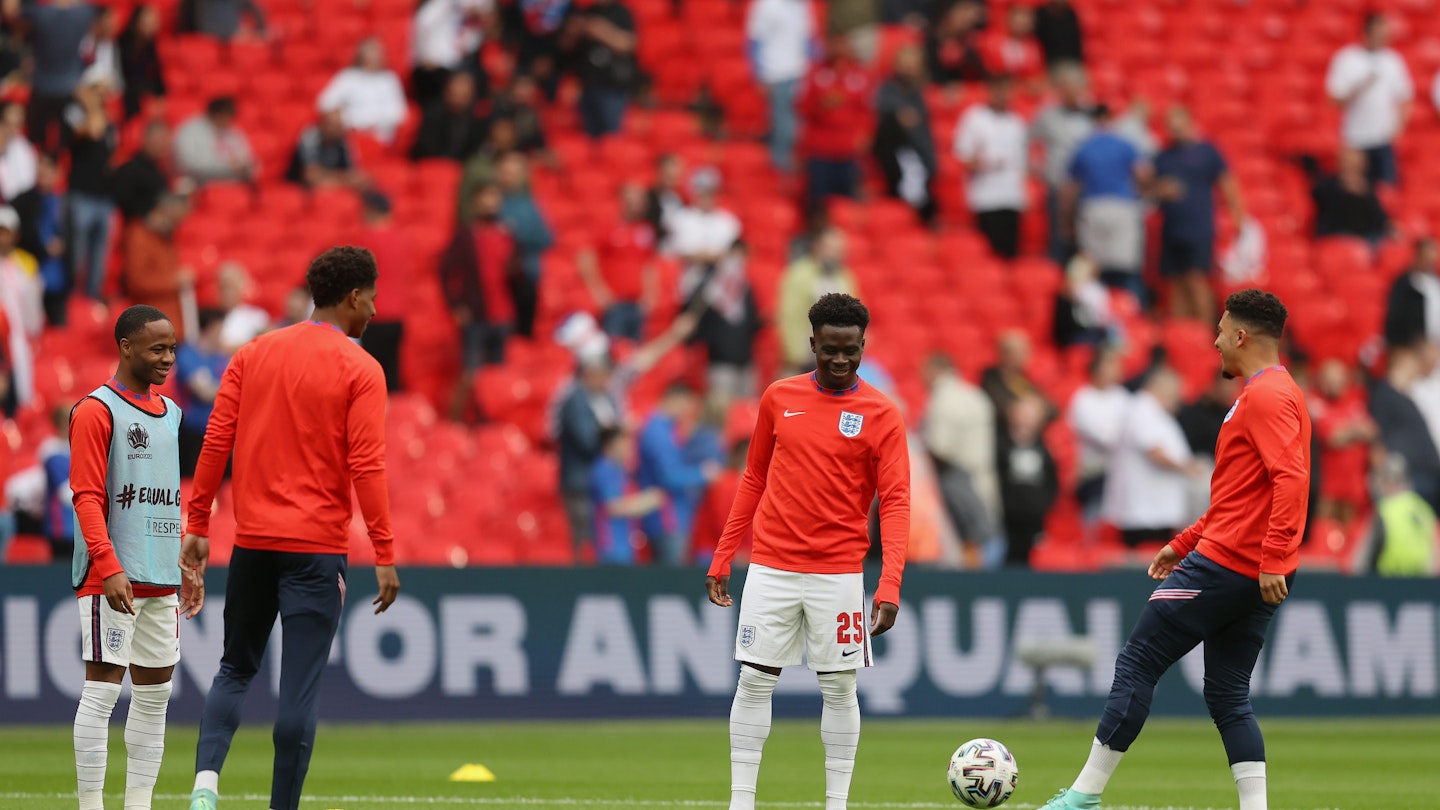After a month of England fans hailing their teams players as heroes, it took only seconds for the racial abuse against Jadon Sancho, Marcus Rashford and Bukayo Saka to start. A mural of Rashford has been defaced in Manchester, and each player has received countless comments of racial hate online.
The FA has since condemned the racist abuse - as has prime minister Boris Johnson despite his own contributions to racism growing in the UK – but with little real action to protect England’s Black players from such traumatising harm many across the country are asking what they can do personally to help show support.
In fact, ‘anti-racism’ charities is currently a breakout search term on Google – as people hope to volunteer and donate to the organisations that work to tackle the prevalent racism in the UK from the ground up. Many are also searching for resources from Tes – an education platform – who give away a downloadable teaching booklet called ‘Show Racism the Red Card’ for 14-16 year olds on their website (you can find it here).
Clearly, people want to help in any way they can – because not only our three of our best young players suffering horrendous abuse right now, but the racism thriving online is only teaching others that respect for Black people in this country (or any non-white person, for that matter) is determined by accomplishment, versus being a basic, bare-minimum right.
At the bottom of this article, we’ve compiled a list of anti-racism charities across the UK that you can donate to or support. But there’s also more that white people specifically should be doing to take the burden off people of colour in handling a problem we created. First, there's reporting racist comments online. The comment sections of Saka, Sancho and Rashford’s Instagram’s are filled with racist abuse that you can easily report them on Instagram.
Here's how to report racist abuse on social media:
It’s extremely simple. On Instagram, when you see a racist comment under someone’s post, all you need to do is hold the comment down, and when it is highlighted in blue click the box on the top right corner of your screen that has an exclamation mark in it. You will be presented with the option to ‘Report this comment’, you will be asked why you’re reporting it, where you can choose from a range of options including ‘Hate speech or symbols’. You can then click ‘Submit report’.
Similarly on Twitter, you only need to click on the racist tweets, then the three dots in the top right corner and ‘Report Tweet’. You will then also be presented with options as to why you’re reporting the tweet, including ‘It’s abusive or harmful’. You can further specify what’s harmful about it on the next page, and it will be reported (you will also have the option to block or mute the person who tweeted it).
More than that, you can write to the social media websites where this racist abuse is occurring and demand more be done to protect Black people with platforms. Because this isn’t a random reaction no one saw coming – these players have been complaining of racist abuse online (and at matches) for years. Many Black people watching the match had already shared their fears this exact response before the penalty shoot-out took place, noting that for Black players the stakes are a lot higher when they lose. Where some players might be trolled for missing a penalty in more generalised hate, non-white players know they will also face a tsunami of virtual hate crimes.
In fact, numerous petitions have since been started to pressure social media giants into doing more to protect users from abuse. The Center for Countering Digital Hate - which works to find solutions to identity-based hate and misinformation - has started a campaign called 'No Yellow Card' which calls to ban anyone who posts racist abuse online from social media platforms for life. You can sign the petition here and check out more about CCDH below.
The petition to make verified ID a requirement for opening a social media account has also now reached over 600,000 signatures. Created by Katie Price to protect her son Harvey from the intense abuse he receives, the petition now speaks for every victim of identity-based abuse online and has been shared far and wide this week. You can sign it here.
Virtual hate crimes can also be reported to the police here, and you can find out more about the laws around online hate in the UK here. Because as it stands, there needs to be more protection against racist abuse and hate crimes across the nation from a governmental standpoint. That’s why many have been calling out Boris Johnson and home secretary Priti Patel for their condemnation of the abuse, noting the irony of two people whose work has either been explicitly racist or contributed to racism rising in the UK in one way or another.
You could write to your MP then [{href='https://www.writetothem.com/' target='_blank' rel='noopener noreferrer' class='add-referrer-link'}) asking what active work the government is planning on doing to prevent racism in the UK. Because this problem doesn’t end should Rashford, Saka and Sancho be apologised to, or be compensated in some form for the harm caused – this issue only exists because racism is rife in the UK, and that makes racists feel justified in brazenly spouting their racial hatred online without fear of being held accountable (the Savills worker who is trending for tweeting racist abuse last night alone proves that).
Until the UK government accepts that racism is systemic across this country, any effort to support Black players or condemn racist abuse is completely disingenuous. To tackle a problem you first have to address it exists, and only this year did the government gaslight people of colour with their report into racism in Britain.
So while we do what we can now to support the players and people being traumatised by this abuse, we must also demand our government takes accountability for the ways in which they’ve not only allowed the country to become this vile towards non-white people, but actively contributed to it too. Take accountability, and then put in place real, vast measures to educate people, measure the wide scale of racial abuse correctly and punish those who commit it.
Here are anti-racism charities across the UK that you can support:
Anti-racism charities in the UK - Grazia
 1 of 14
1 of 14Show Racism The Red Card
Provides educational workshops, training sessions, multimedia packages, and a whole host of other resources, all with the purpose of tackling racism in society.
 2 of 14
2 of 14Stop Hate UK
A service for victims of racial harassment aiming to end hate crimes in the UK.
 3 of 14
3 of 14Stephen Lawrence Charitable Trust
Stephen Lawrence Charitable Trust works with young people from disadvantaged backgrounds aged 13 to 30 to inspire and enable them to succeed in the career of their choice
 4 of 14
4 of 14Prison Reform Trust
Prison Reform Trust works to make the prison system in the UK just, humane and effective.
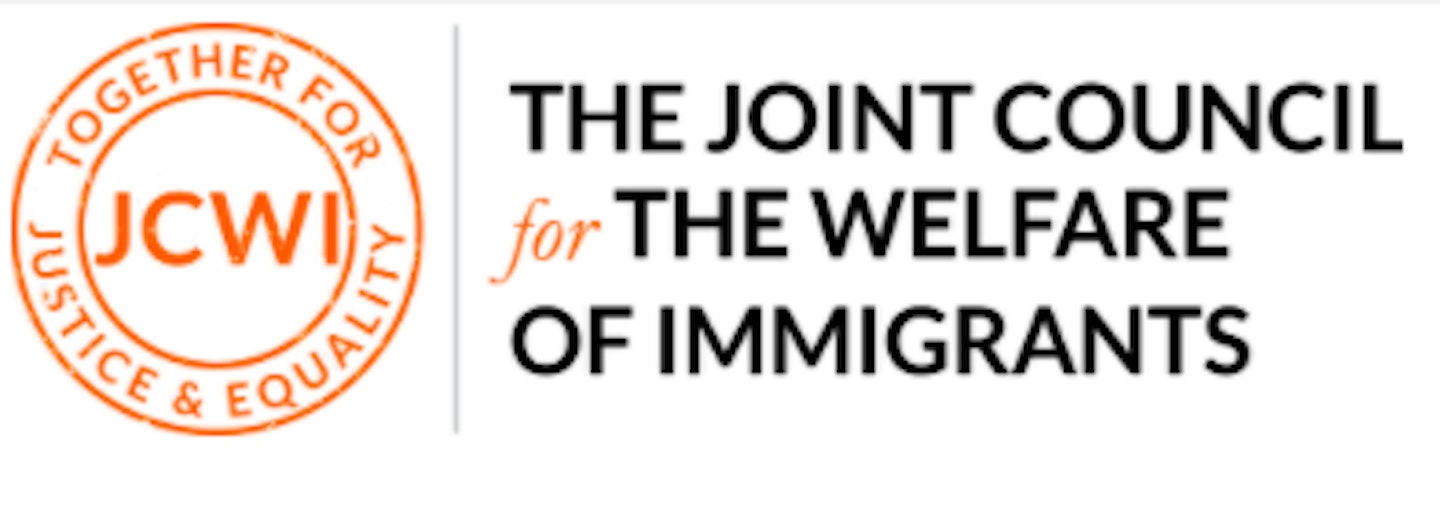 5 of 14
5 of 14Joint Council For The Welfare Of Immigrants
The JCWI aims to create a world in which immigration law and policy are based on sound evidence, promote the rule of law and are underpinned by respect for human rights and human dignity
 6 of 14
6 of 14Access UK
Helps reduce BME youth unemployment, provide employment and training solutions for youth offenders and implement anti-gang initiatives in the community.
 7 of 14
7 of 14Charity So White
Tackles institutional racism in the charity sector.
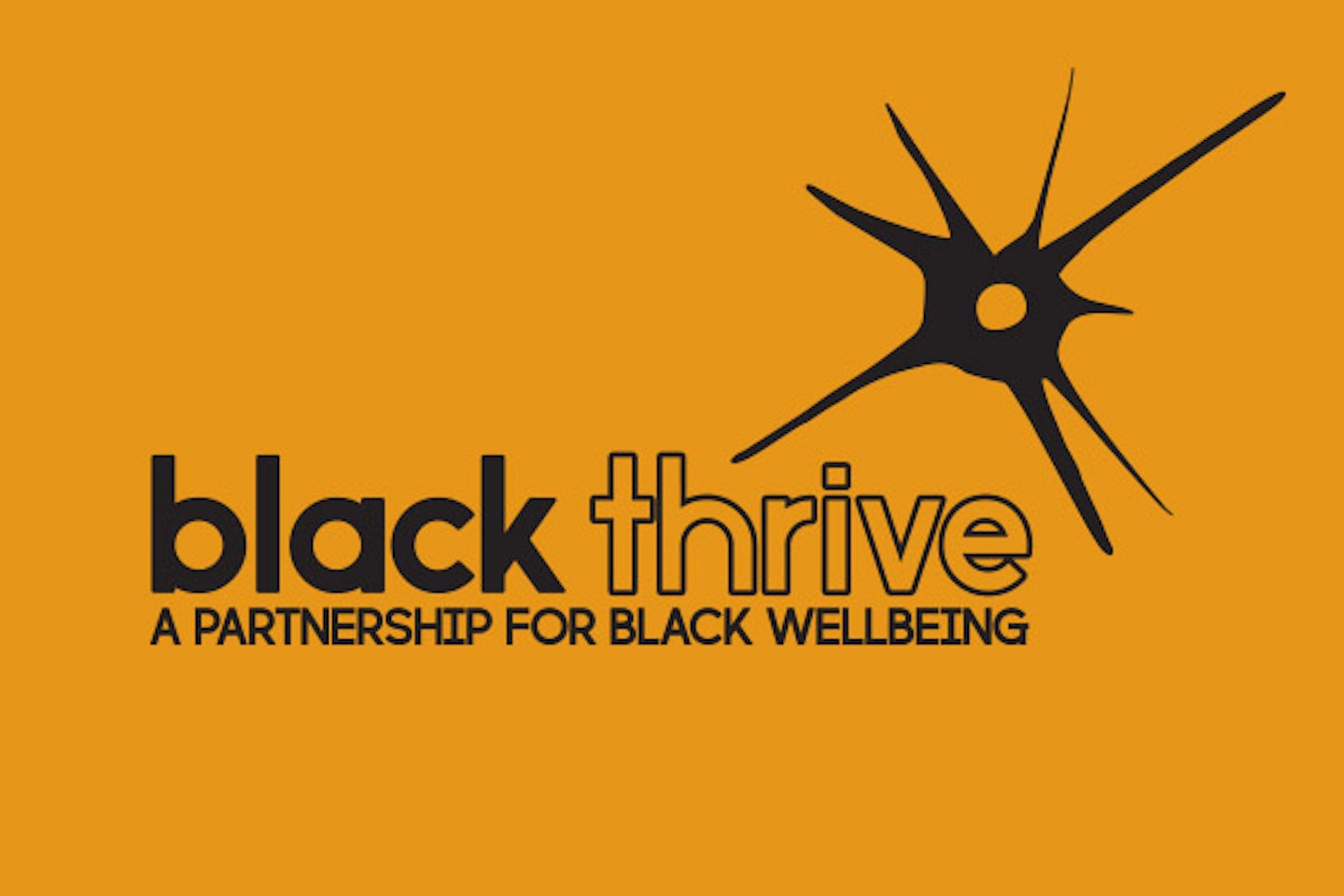 8 of 14
8 of 14Black Thrive
Black Thrive works to reduce the inequality and injustices experienced by Black people in mental health services.
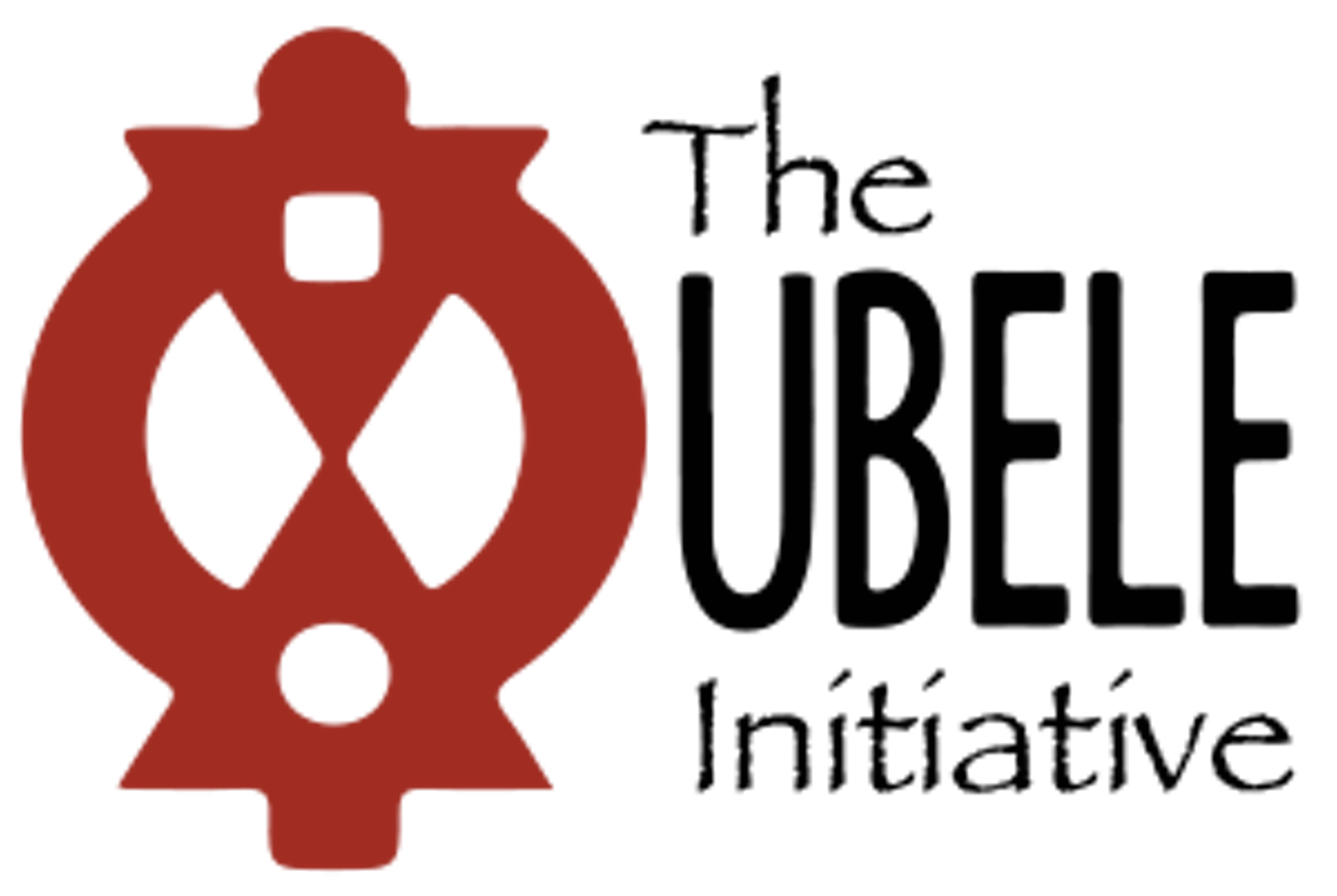 9 of 14
9 of 14The Ubele Initiative
Supports the African diaspora community.
 10 of 14
10 of 14Women In Prison
Supports women affected by the criminal justice system and campaigns to end the harm of prison to women, their families and our communities.
 11 of 14
11 of 14Race On The Agenda (ROTA)
Race On The Agenda (ROTA) is a social policy research organisation focusing on issues that impact BAME communities.
 12 of 14
12 of 14The Equality Trust
Works to improve the quality of life in the UK by reducing economic and social inequality.
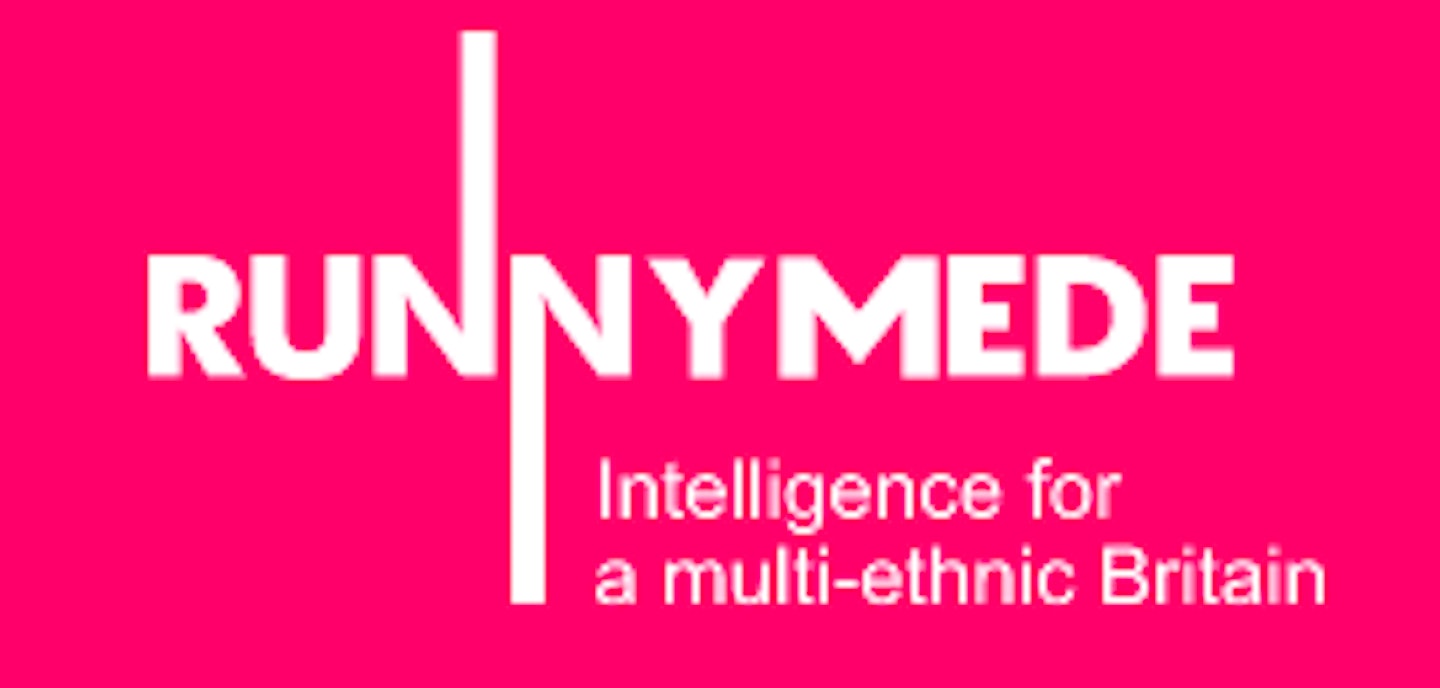 13 of 14
13 of 14Runnymede
Generates intelligence to challenge race inequality in Britain through research, network building, leading debate, and policy engagement.
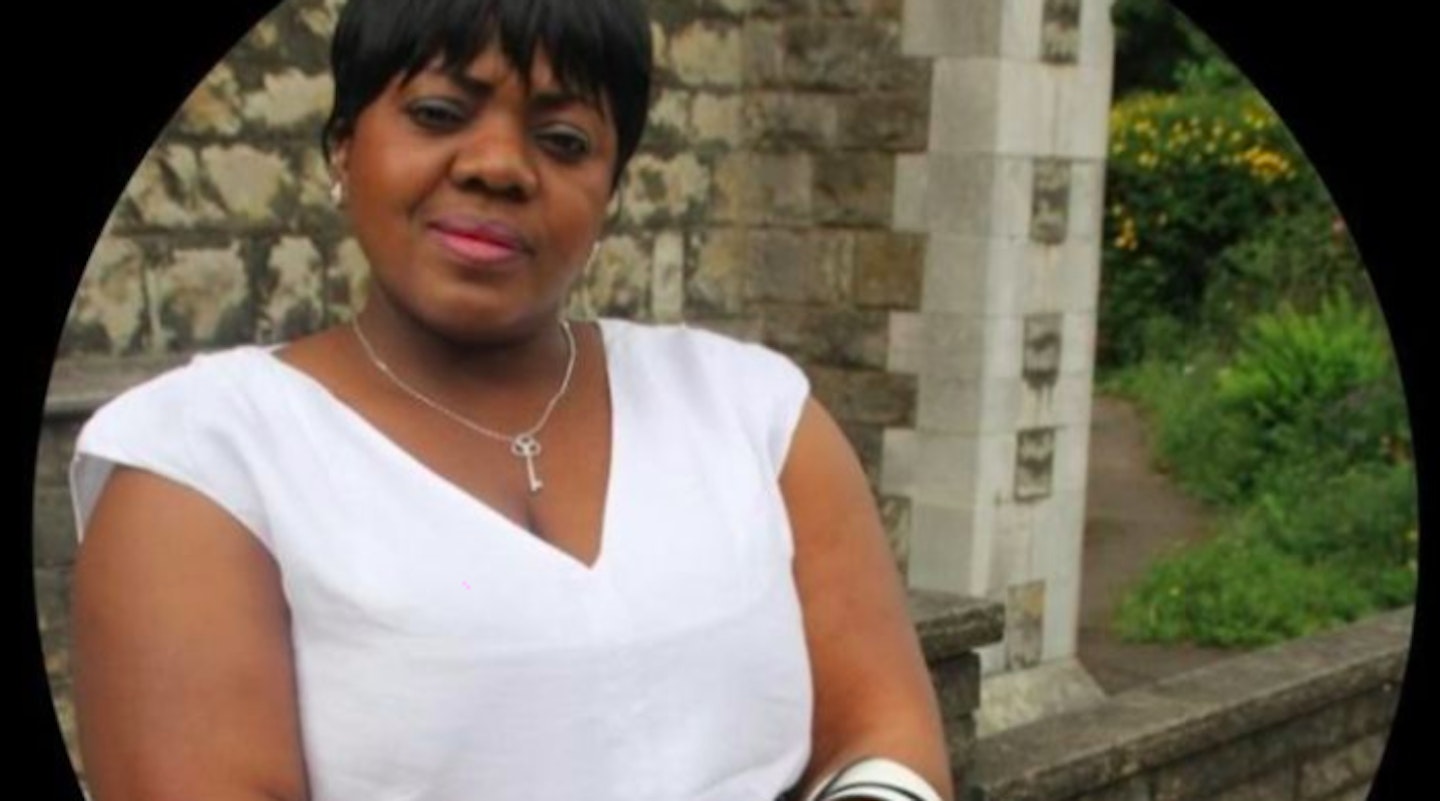 14 of 14
14 of 14Belly Mujinga Memorial Fund
For the memorial of Belly Mujinga, the railway worker who was spat at before she died of Covid-19.
Read More:
